Research
Oxford University ranked number 1 in the Times Higher Education (THE) World University Rankings for the eighth year running, and at the heart of this success is our ground-breaking research and innovation.
Oxford is world-famous for research excellence and home to some of the most talented people from across the globe. Our work helps the lives of millions, solving real-world problems through a huge network of partnerships and collaborations. The breadth and interdisciplinary nature of our research sparks imaginative and inventive insights and solutions.
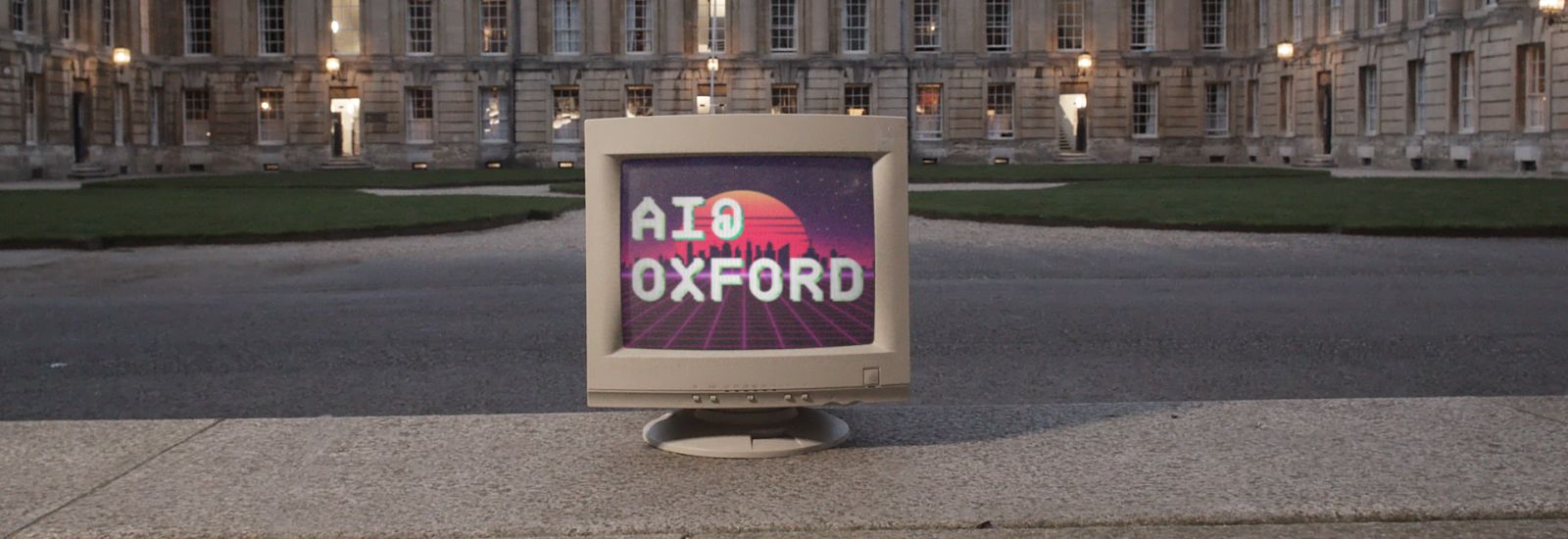

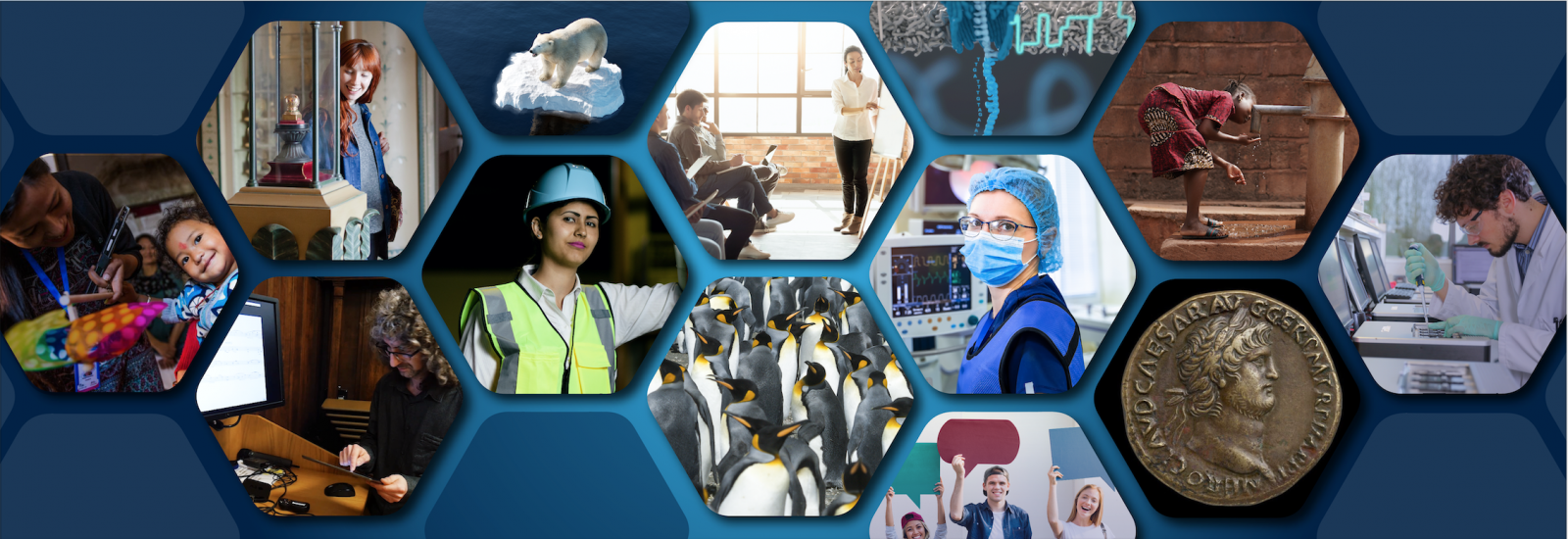

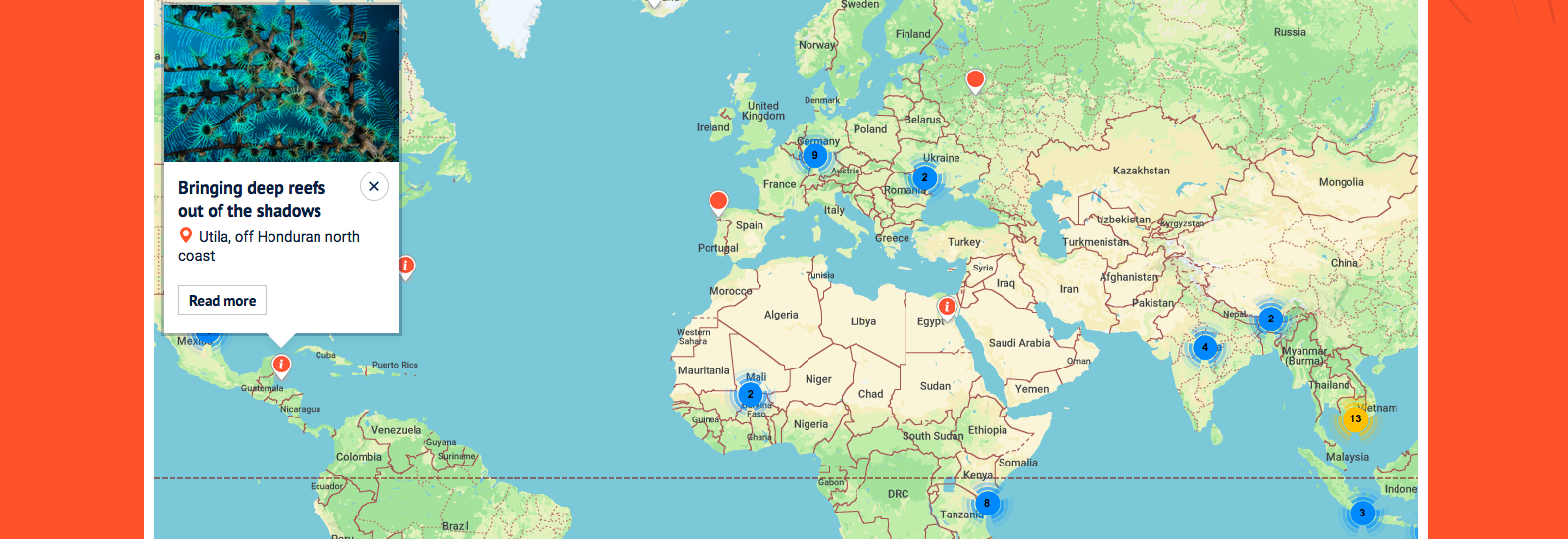

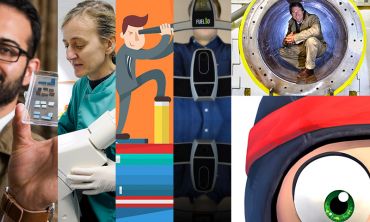


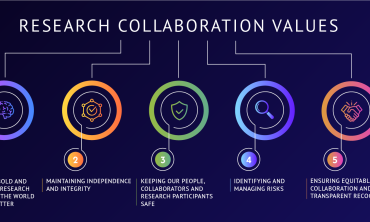
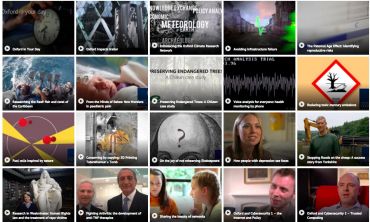

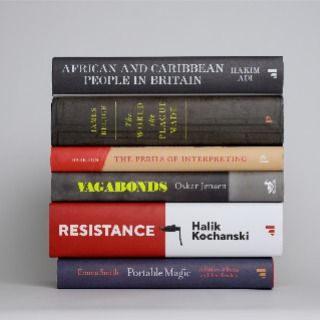


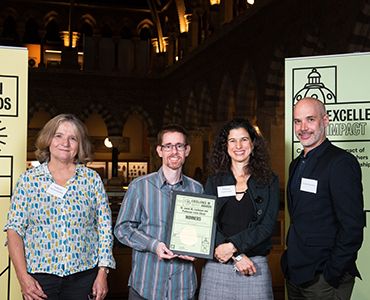




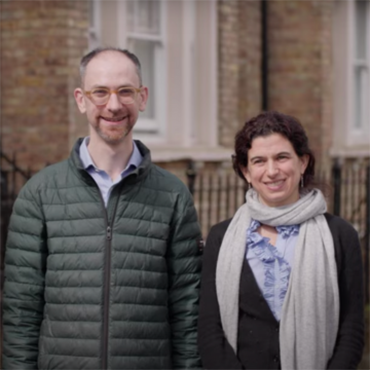
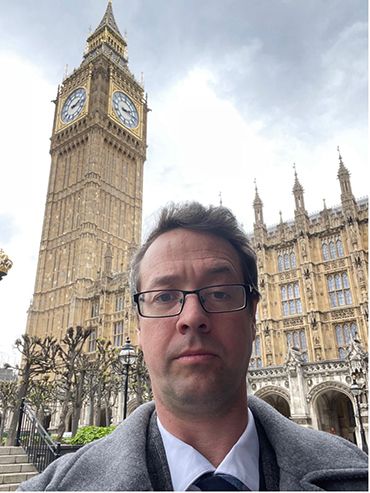


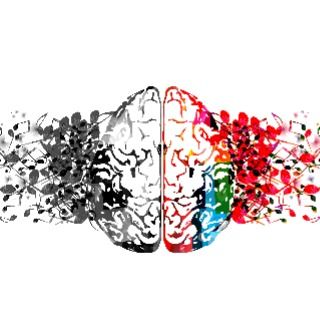

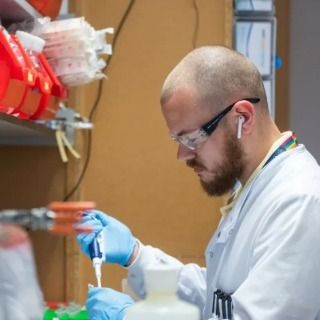

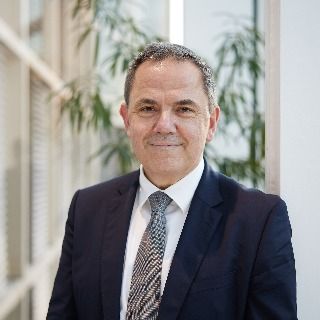

 New database sheds light on violence in Greek detention facilities
New database sheds light on violence in Greek detention facilities
 New trial using skin patches as an ‘early warning system’ to spot lung transplant rejection
New trial using skin patches as an ‘early warning system’ to spot lung transplant rejection
 New heart disease calculator could save lives by identifying high-risk patients missed by current tools
New heart disease calculator could save lives by identifying high-risk patients missed by current tools
 Study shows that island bats are valuable allies for farmers
Study shows that island bats are valuable allies for farmers
 Study reveals how humanity could unite to address global challenges
Study reveals how humanity could unite to address global challenges
 Study improves understanding of effects of household air pollution during pregnancy
Study improves understanding of effects of household air pollution during pregnancy

